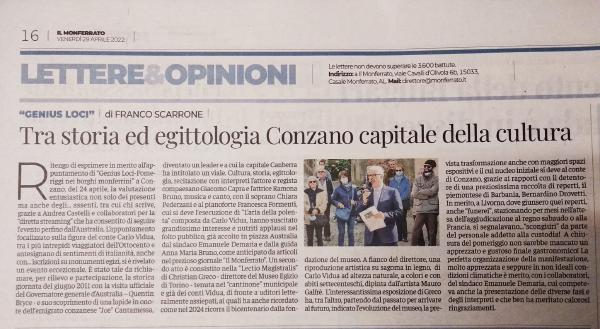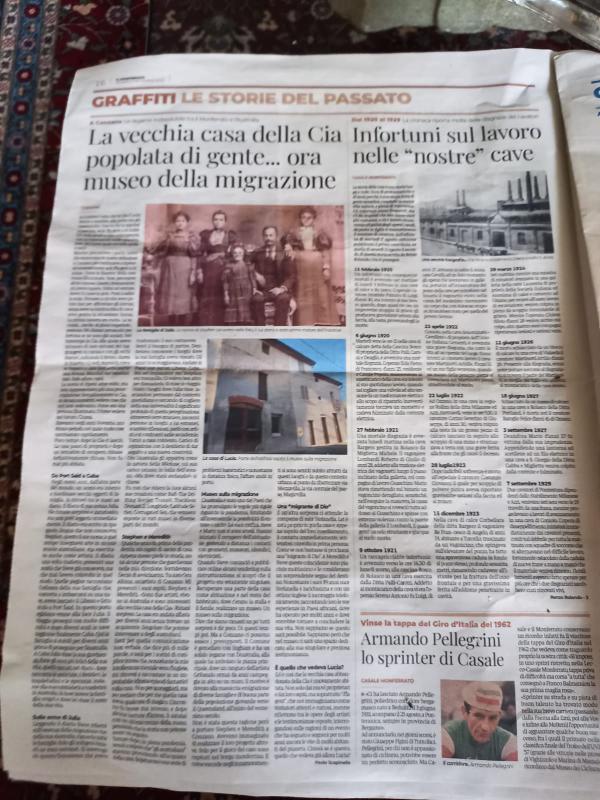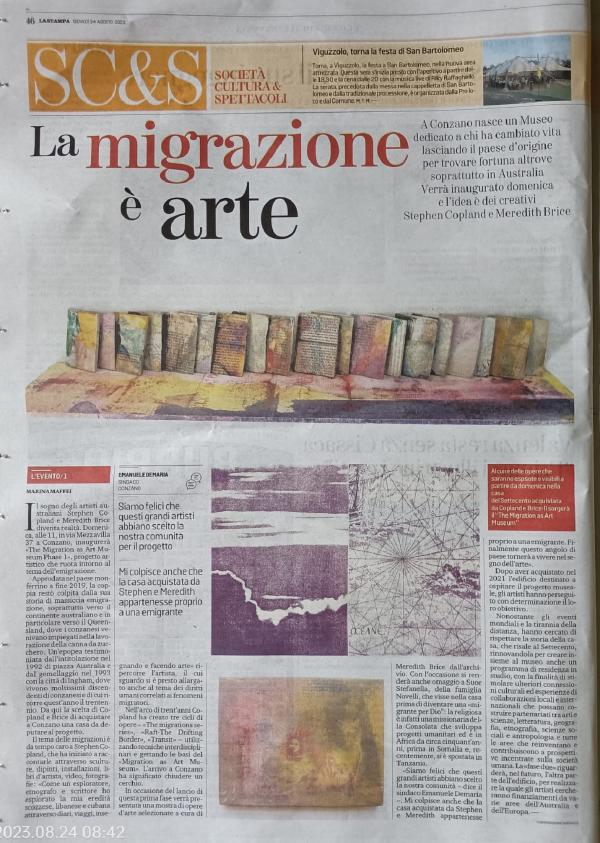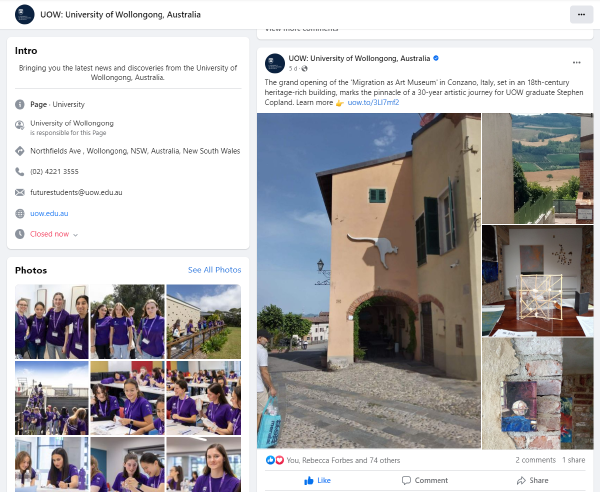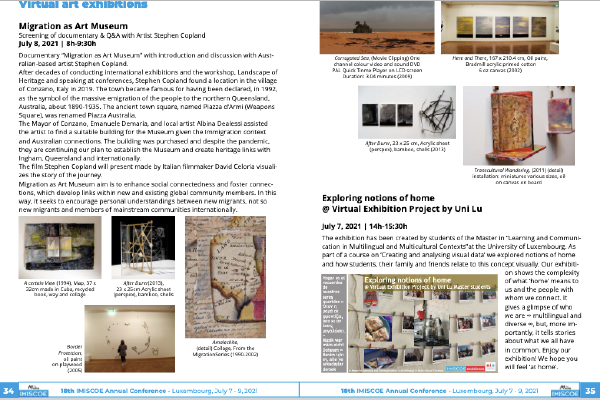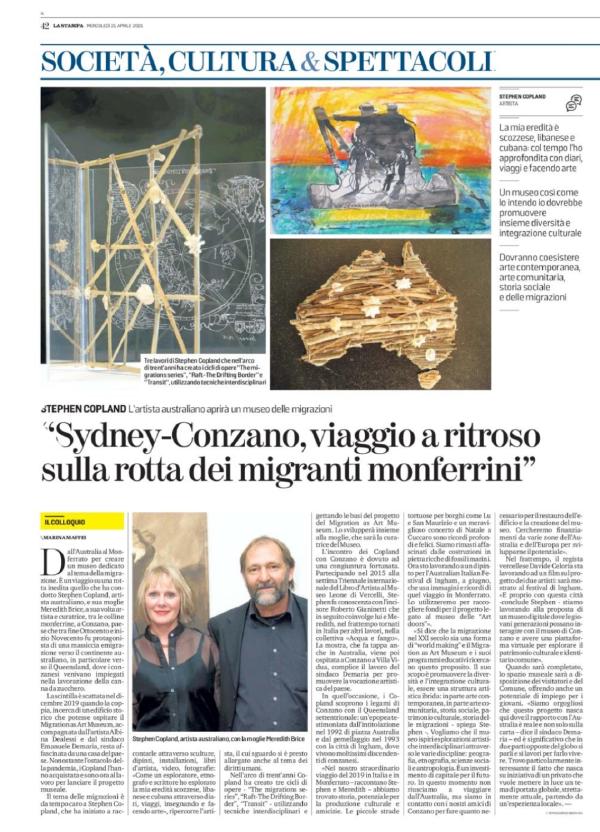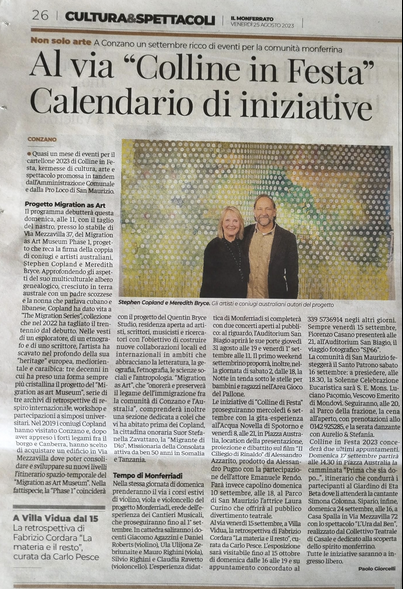Migration as Art Museum has opened
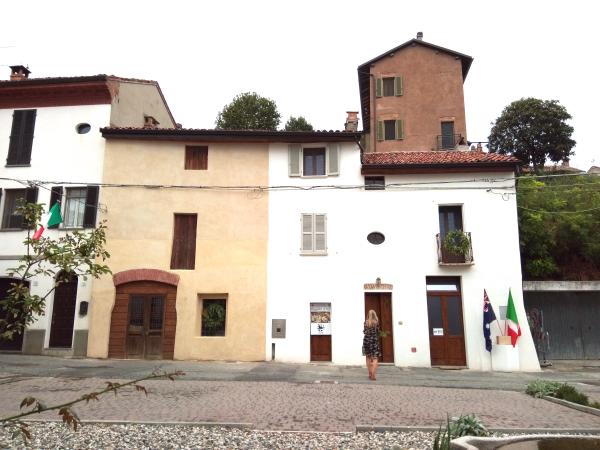
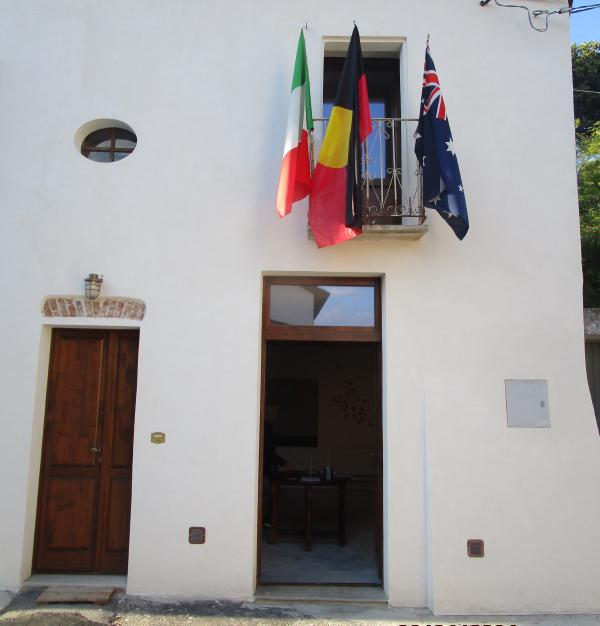
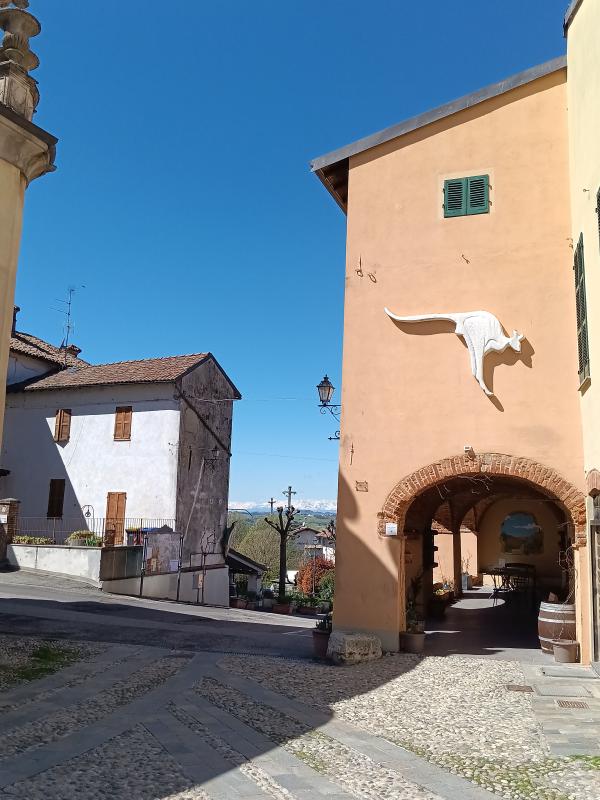
In 2021 Australian artists Stephen Copland and Meredith Brice purchased the 1750 building in Conzano, Italy. The village is referred to as the “land of the Australians” due to the massive immigration (1890-1935) to Australia.
Orhan Pamuk, the Nobel Prize-winning Turkish author, who founded the Museum of Innocence in Istanbul, as keynote speaker at the 2016 International Council of Museums (ICOM) conference in Milan.
In museums we have history, but what we need is stories. In museums we have nations, but what we need is people. We had groups and factions in museums, but what we need is individuals Yet what we need are small and economical museums that address our humanity.
From an article first published by the Italian newspaper La Repubblica
The videos will provide a visual diary of the development and establishment of our Museum, its vision and ongoing development and exhibitions.
Hope you enjoy the journey of MASA!
Director, Meredith Brice & Stephen Copland
https://www.instagram.com/meredith_brice_artist/
https://www.instagram.com/migrationasartmuseum/
Newspaper articles
About the Museum
Heritage stands at the crossroads of climate change, social transformations and processes of reconciliation between peoples. It is a capital investment in the future.
Irina Bokova, Director General, UNESCO
The purpose of the museum is to create cultural connection through heritage, be an investment in the promotion of cultural diversity and integration. Innovative social justice education programs are designed around an archive of sculptures, painting, drawing, artist’s books, installations, photography, video and prints by artist Australian Stephen Copland.
A not-for-profit organisation intended to generate and inspire interdisciplinary artistic explorations and collaborations through the various disciplines - geography, ethnography, social sciences and anthropology. A creative in-residence program with accomodation will be a centrepiece of international collaboration and partnerships with the sciences, arts, literature and all areas that make and create more humane society.
An artist book workshop program will delve deeply into heritage through art.
A landscape of heritage garden is envisaged to create a gathering space outdoors.
Sponsors

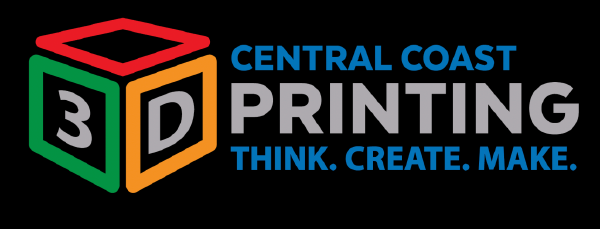

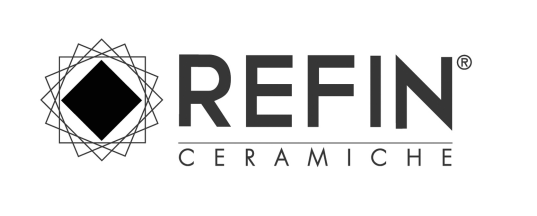

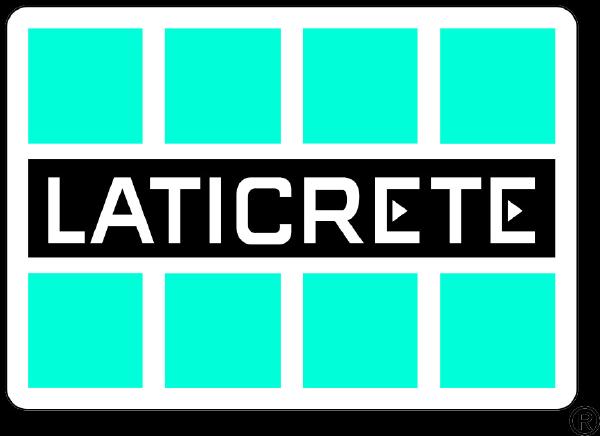
Purpose and potential
It is said that Migration in the 21st century is a form of “world making” and the Migration as Art Museum and its educational programs seek this purpose. Stephen and Meredith intend to develop a unique educational institute to promote cultural diversity and integration, a hybrid art facility; part contemporary art, part community art, part social history, part heritage and part migration history. Broadly, the museum seeks to encourage personal understandings between new migrants, not so new migrants, and members of mainstream communities internationally.
About the building
The historic building is located in a central position on the circular road of the hilltop town. Purchased in 2021, (formerly owned by the Alessandro and Carolina Novelli family, four of whom were among the “Conzanesi” who migrated to Australia), the building is divided into two sections; a small accommodation to one side and an adjoining space (barn). The ‘barn’ occupies two floors and is the space designated for locating the museum. All parts of the property require upgrade and renovation. The museum and residency program when complete will be available to the Commune of Conzano and international visitors.
Our Location
Conzano, Province of Alessandria, Italy. The hamlet of Conzano is centrally located - an hour’s drive from Turin, Milan and Genoa. Known as the “land of the Australians” Conzano is famous for having been declared in 1992, as the symbol of the massive emigration of the people to northern Queensland during the 1890-1935 period. The ancient town square, named Piazza d’Armi (Weapons Square), was renamed Piazza Australia in 1992.
Conzano’s Villa Vidua, the eighteenth-century residence of the Count Vidua, restored after 1996, the year of its acquisition by the municipality, overlooks the ancient Piazza d Arms Square. Carlo Vidua, Count of Conzano, famous explorer, ethnographer and writer contributed to the foundation of the Egyptian Museum of Turin. In the tradition of exploration, travel and migration Carlo Vidua had a personal collection made up of ancient stones, tablets and artefacts, which are at the heart of the Egyptian Museum of Turin.
